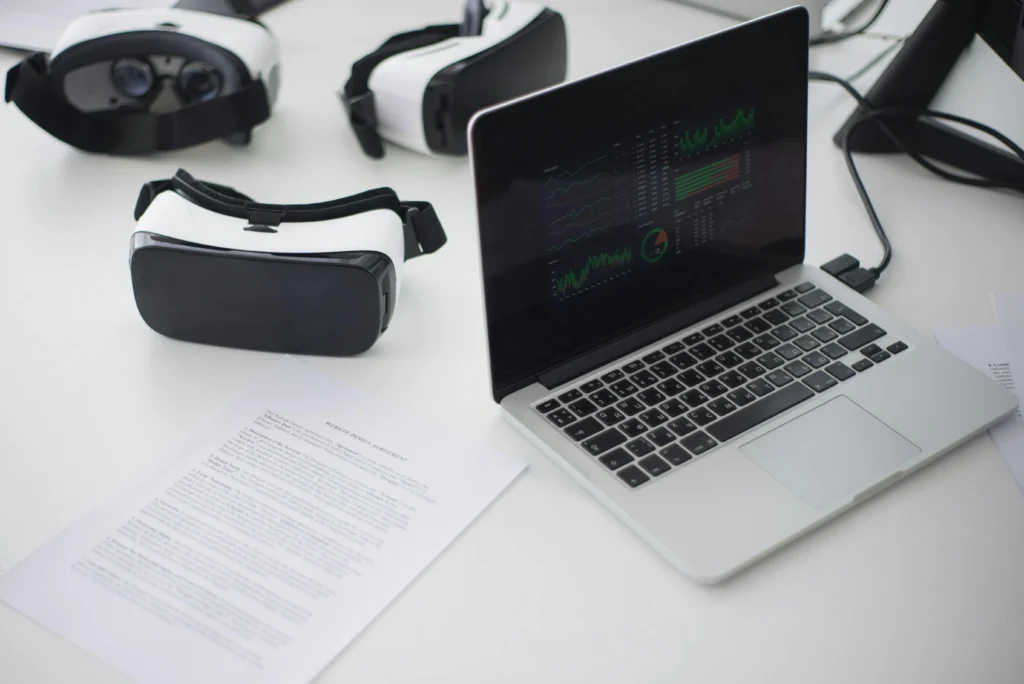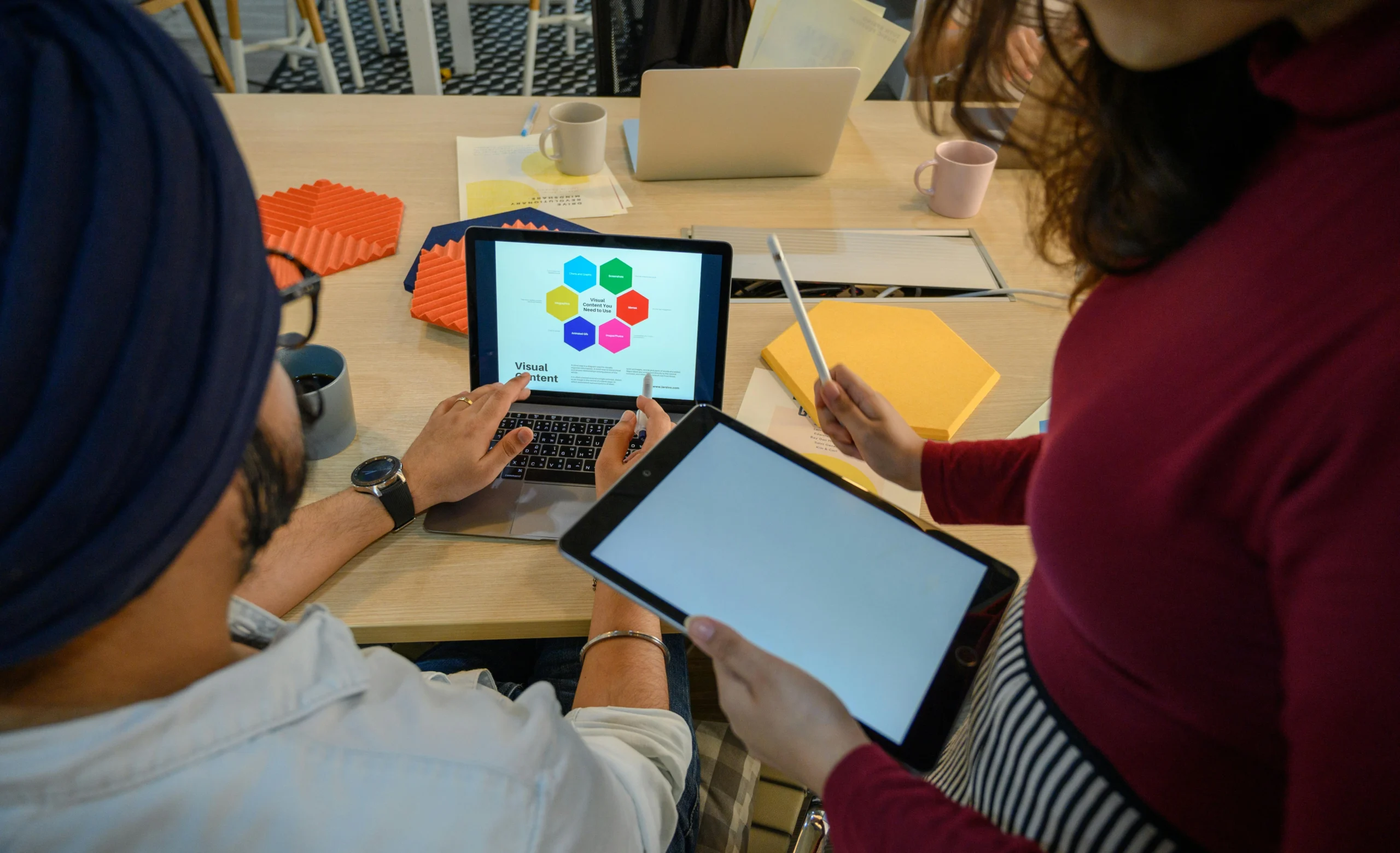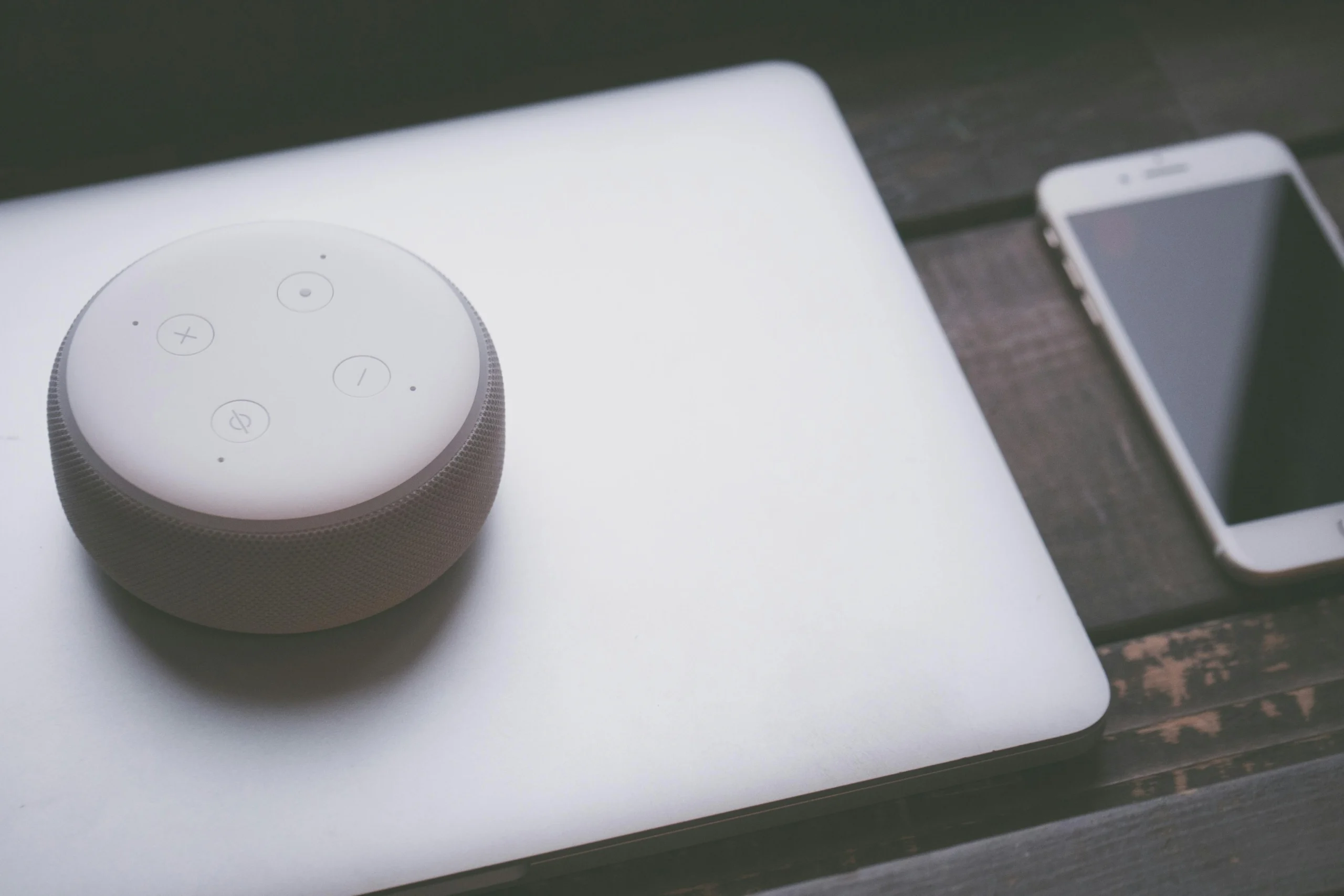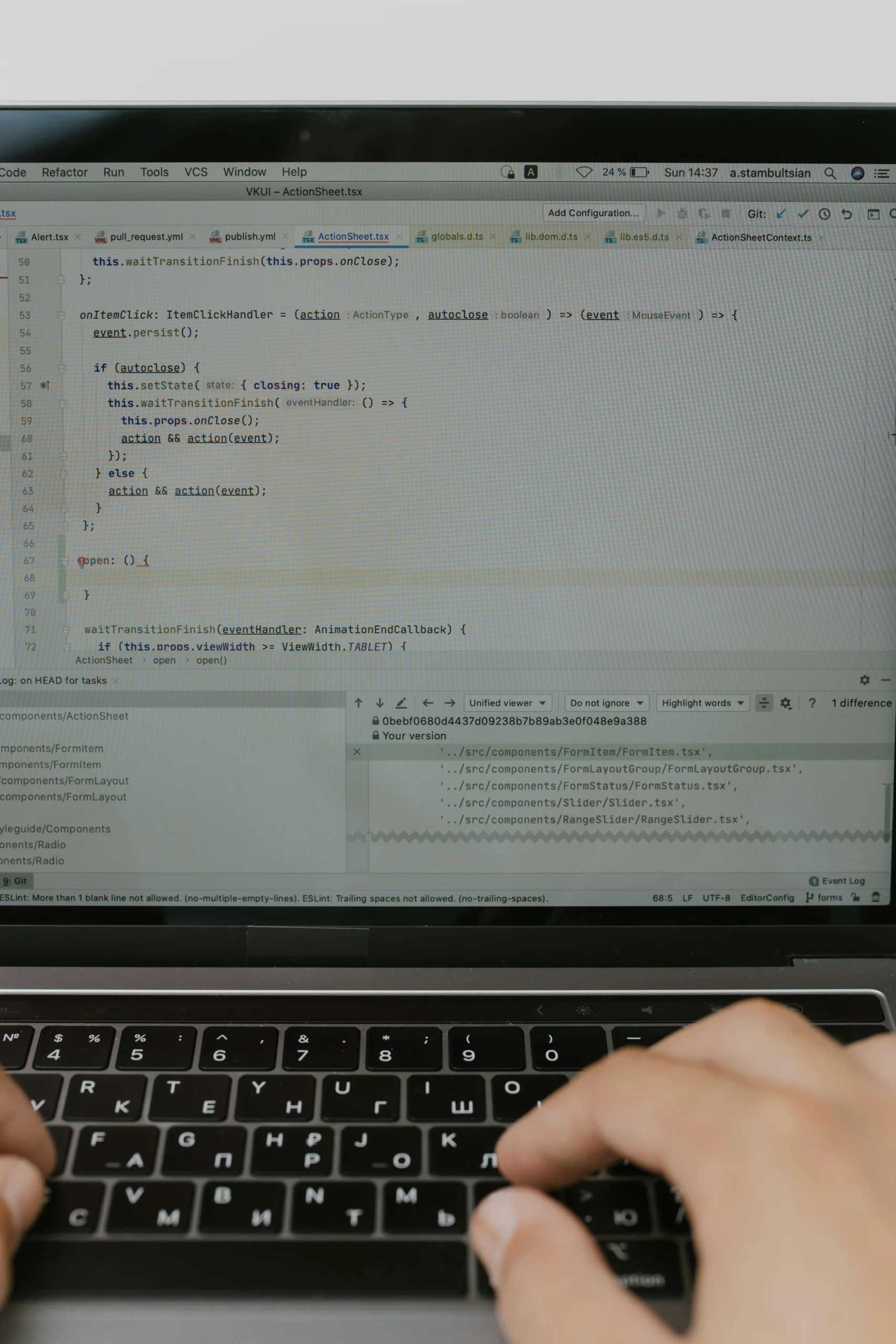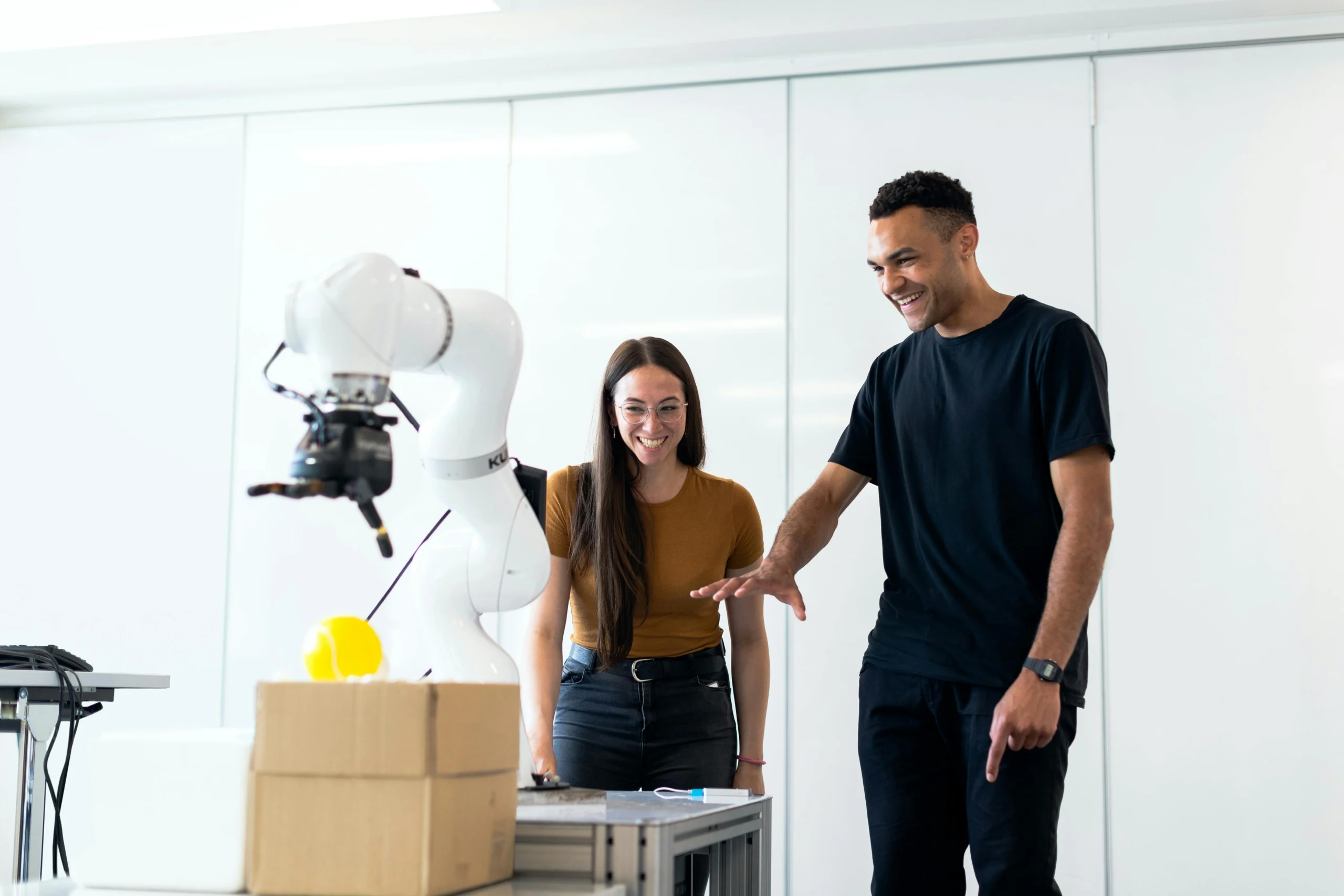Phillip Isola’s research delves into how AI systems can mimic human-like intelligence, particularly in areas like computer vision and self-supervised learning. His work emphasizes the emerging commonalities in varied AI architectures and introduces the Platonic Representation Hypothesis, suggesting that these models converge towards a shared understanding of reality. This not only aids in understanding AI better, but also improves the development of models capable of autonomous learning.
Isola’s academic journey reflects a passion for exploring the complexities of intelligence. He transitioned from cognitive sciences to a computational focus, inspired by the belief that understanding the principles of intelligence could lead to significant advancements. His research encourages the use of self-supervised learning to allow AI systems to develop representations of the world independently. Isola underscores the high-risk nature of his research endeavors while directing a rapidly growing course on deep learning at MIT. His vision extends towards the future interactions between humans and intelligent machines, contemplating the coexistence of agency amidst advancing AI.
👉 Pročitaj original: MIT AI News
